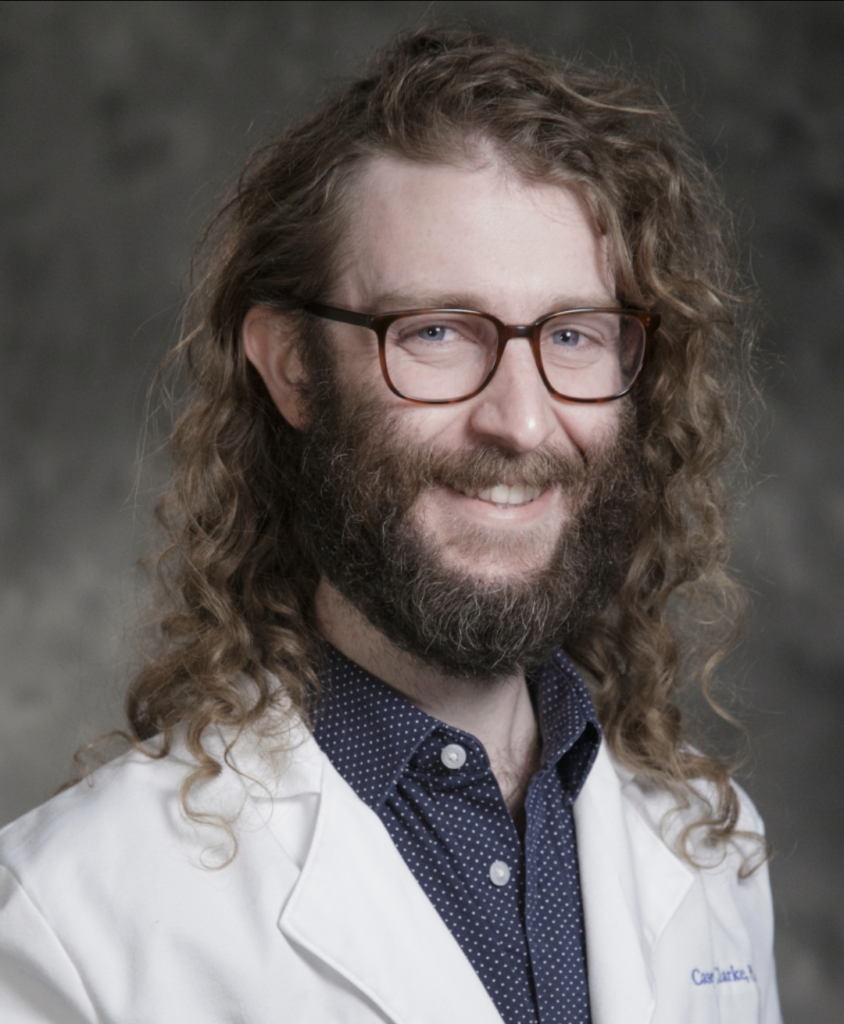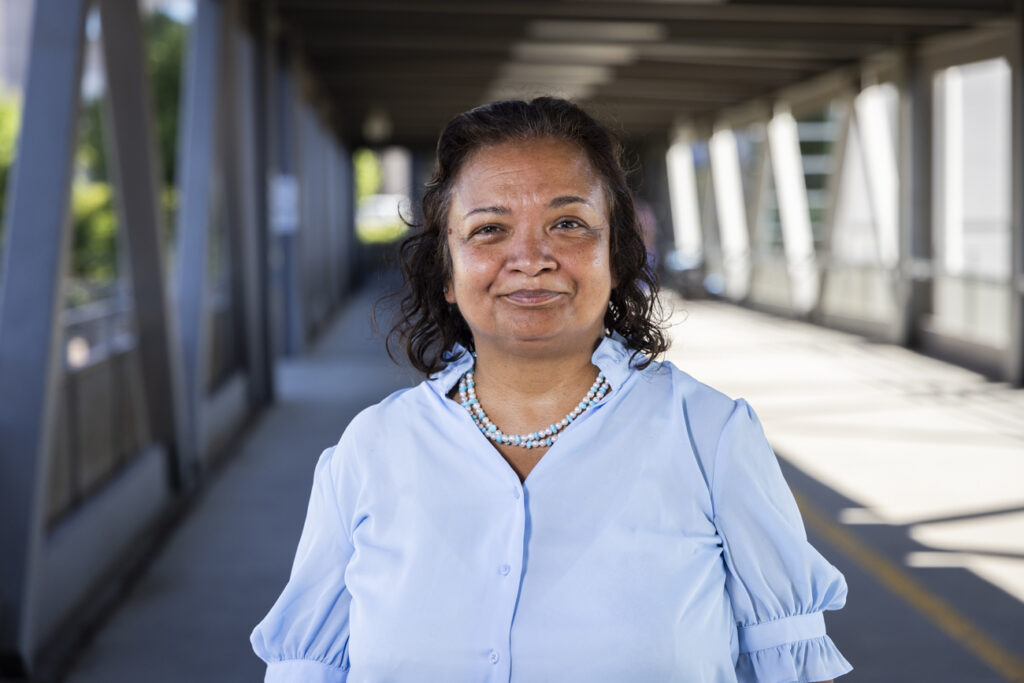

Mark Attiah, MD, MS, MBE, MPH
Director of Peripheral Nerve Surgery
Assistant Professor
Peripheral nerves are located outside of the brain and spinal cord. Peripheral nerve damage, or peripheral neuropathy, occurs when these outer nerves are damaged, leading to numbness, tingling, weakness, and pain. In some cases, peripheral neuropathy can also disrupt other bodily functions, such as the bladder or bowels.
There are many different types of peripheral neuropathy. Some patients require less invasive treatment options, while some require surgery to alleviate pain and restore function. Dr. Attiah performs surgical procedures for patients with nerve injury, nerve tumors, and entrapment or compression syndromes like carpal tunnel.
Dr. Mark Attiah is the Director of Peripheral Nerve Surgery for the Department of Neurosurgery at UNC Health. He is one of only a few neurosurgeons in the country who specializes in the treatment of complex peripheral nerve disorders leading to extremity pain and weakness.
Dr. Attiah uses techniques including intraoperative electrical stimulation and endoscopy to treat patients with peripheral nerve disorders. His extensive training in spine surgery allows him to help patients with spinal cord injuries restore function from the spinal cord to the nerves that go to the muscles of the arms and legs.
Dr. Attiah treats patients with:
Carpal Tunnel (median nerve at the wrist)
Cubital Tunnel (ulnar nerve at the elbow)
Fibular tunnel (peroneal nerve at the knee)
Neurogenic thoracic outlet syndrome
Meralgia paresthetica (lateral femoral cutaneous nerve)
Radial tunnel syndrome
Guyon’s canal (Ulnar neuropathy at the wrist)
Tarsal tunnel (tibial neuropathy at the ankle)
Thoracic outlet syndrome
Brachial plexus injury
Shoulder weakness from shoulder dislocation or surgery (axillary nerve)
Shoulder weakness from spine surgery (C5 palsy)
Foot drop from Knee dislocation or surgery (peroneal nerve)
Wrist drop from humerus fracture (radial nerve)
Sciatic nerve injury from hip surgery
Traumatic neuroma treatments
Amputation neuromas
Brachial plexus avulsion injury pain
Peripheral nerve tumors
Schwannomas
Neurofibromas
Malignant peripheral nerve sheathe tumors
Perineuriomas
Peripheral nerve tumors
Neurofibromatosis type I
Neurofibromatosis type II
Schwannomatosis
Muscle biopsy
Nerve biopsy
Peripheral nerve ultrasound
Electromyography/nerve conduction studies
Diagnostic and therapeutic nerve blocks
The Peripheral Nerve Center at UNC Health uses a team-based approach to care for patients with peripheral nerve problems ranging from the simplest to the most complex. Our multidisciplinary team consists of providers from orthopedic surgeons, nonoperative orthopedic physicians, neurosurgeons, physiatrists, rehabilitation specialists, neurophysiologists, musculoskeletal radiologists, and hand therapists.
Read more about the Peripheral Nerve Center at UNC Health.
A severe brachial plexus injury can occur after a traumatic injury to the neck. This type of injury can cause severe pain, numbness, lack of mobility, function, and feeling in the arm or hand. Physical therapy and other nonsurgical methods can be used to treat minor brachial plexus injuries, but severe brachial plexus injuries, such as an avulsion, may require surgery.
An avulsion occurs when the nerve root is disconnected from the spinal cord, causing partial or full paralysis. Brachial plexus surgery is typically followed by outpatient physical therapy.
Neurofibromatosis type 1 (NF1) is a genetic condition that causes tumor growth along the nerves. These tumors are typically benign, but often become malignant and require a multidisciplinary treatment approach that includes physicians from neuro oncology. Because of the various locations of the tumors in the body, other medical and surgical specialties may be part of a patient’s care team.


Director of Peripheral Nerve Surgery
Assistant Professor


PA-C


Nurse Coordinator, Spine/Nerve Surgery


Patient Navigator


Assistant Professor


Assistant Professor


Associate Professor
Director of Clinical Education (DCE)
Assistant Director of Clinical Practice


Clinical Assistant Professor


Soma Sengupta, MD, PhD, MBA, FRCP, FAAN, FANA
Division Chief, Neuro-oncology
Vice Chair, Neurology.
Professor


Assistant Professor


Associate Professor
Program Director, Neuromuscular Fellowship


Associate Professor


Assistant Professor


Associate Professor
Division Chief, Orthopaedics Hand and Microsurgery
Director of Orthopaedics, Ambulatory Surgery